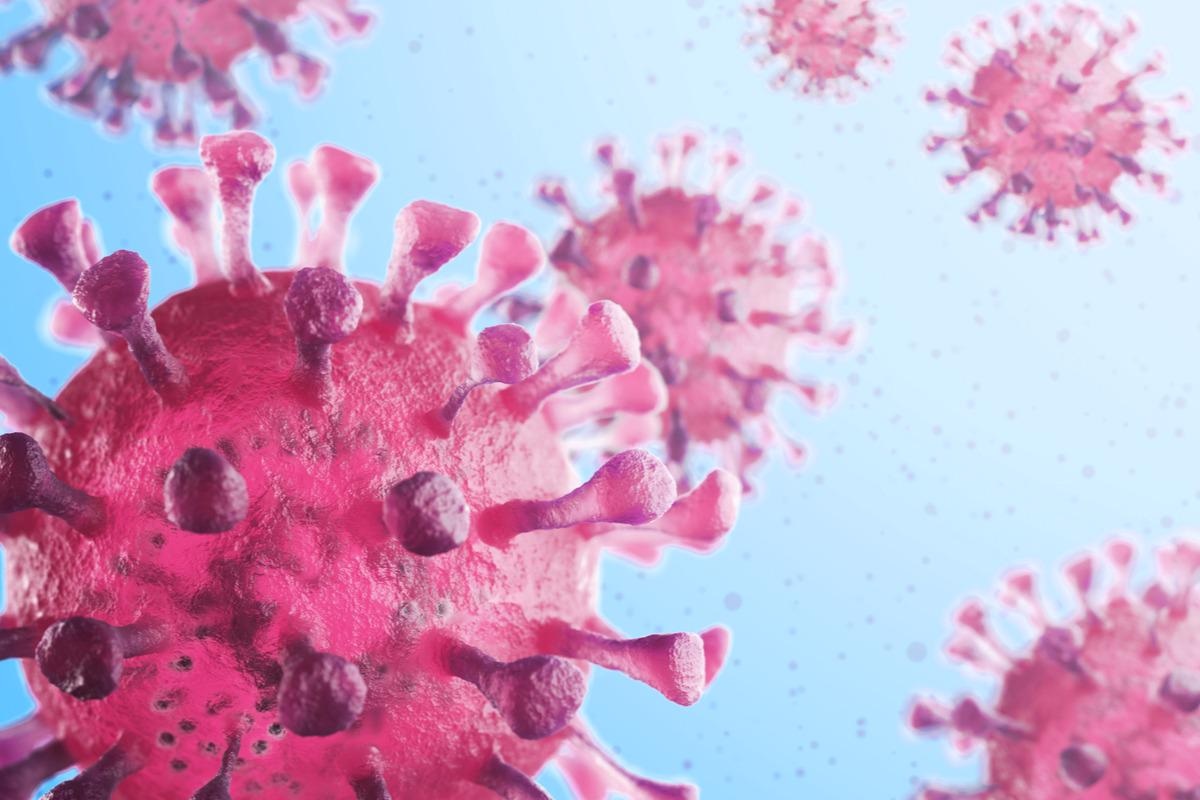In a recent study published in Nature Medicine, researchers characterized long coronavirus disease 2019 (COVID-19) after a breakthrough COVID-19 infection.
 Study: Long COVID after breakthrough SARS-CoV-2 infection. Image Credit: creativeneko/Shutterstock
Study: Long COVID after breakthrough SARS-CoV-2 infection. Image Credit: creativeneko/Shutterstock
Long COVID is the manifestation of acute sequelae after a severe acute respiratory syndrome coronavirus 2 (SARS-CoV-2) infection. Extensive research is needed to understand the characteristics of post-acute sequelae in SARS-CoV-2 vaccinated individuals after a breakthrough COVID-19 infection (BTI).
Post-acute sequelae in BTI and controls without SARS-CoV-2 infection
In the present study, researchers used the US Department of Veterans Affairs national healthcare databases to investigate the incidence of post-acute sequelae in persons experiencing BTI of COVID-19.
The study comprised 33,940 participants in the BTI group and 4,983,491 in a control cohort who had no history of SARS-CoV-2 positivity between 1 January 2021 and 31 October 2021. The eligible BTI participants had a history of SARS-CoV-2 infection after completing the COVID-19 vaccination regimen either 14 days after receiving the first Ad26.COV2.S vaccine or 14 days after receiving their second messenger ribonucleic acid (mRNA)-1273 or BNT162b2 vaccines. The team noted that the overall BTI rate among the fully vaccinated individuals was 10.60 per 1000 individuals six months after vaccination.
The team performed analyses using two measures of risk: (1) estimation of adjusted hazard ratios (HRs) of a set of prespecified outcomes among people with BTI as compared to the control cohort and (2) estimation of the adjusted excess burden associated with each outcome due to the incidence of BTI per 1000 individuals six months after SARS-CoV-2 diagnosis based on the variation between the incidence rates among BTI and control persons.
Compared to the control group, persons who did not report BTI within the first 30 days displayed a higher risk of death and excess burden of death per 1000 individuals with BTI within the first six months. Moreover, these persons also showed an increased risk of exhibiting PASC associated with the pulmonary and extrapulmonary organ systems such as cardiovascular, coagulation and hematologic, fatigue, gastrointestinal, kidney, mental health, metabolic, musculoskeletal, and neurologic disorders.
Furthermore, people diagnosed with BTI also exhibited a higher likelihood of reporting a minimum of one post-acute sequela of COVID-19 (PASC). The team observed that the risk of death was higher in the 30 to 90 days which increased further in the 90 to 180 days after SARS-CoV-2 diagnosis. The risk of PASC diagnosis as well as recurrent or persistent also increased within 30 to 90 days after a SARS-CoV-2 diagnosis.
Analysis of the type of vaccine received by people diagnosed with BTI showed no substantial variation in the risk of post-acute death after vaccination with either the BNT162b2, mRNA-1273, or Ad26.COV2.S COVID-19 vaccines. The team also noted that the mRNA-1273 and the BNT162b2 vaccines were associated with a reduced risk of at least one PASC related to the pulmonary or extrapulmonary organs.
Post-acute sequelae in BTI and unvaccinated SARS-CoV-2 patients
The team developed a comparative method to estimate the risk associated with the involvement of organ systems of people diagnosed with BTI as compared to SARS-CoV-2-infected individuals having no prior history of COVID-19 vaccination. This approach showed that people with BTI had a lower risk of death and post-acute sequelae than unvaccinated individuals with SARS-CoV-2 infections. Moreover, the risk of post-acute sequelae in the examined organ systems was significantly lower in BTI-diagnosed people than in unvaccinated, SARS-CoV-2-infected patients. This reduced risk was notably pronounced in immunocompromised patients compared to the non-immunocompromised individuals.
Post-acute sequelae patients hospitalized due to BTI versus seasonal influenza
The team also performed a comparative analysis between patients hospitalized with BTI and those hospitalized due to seasonal influenza. The BTI-hospitalized patients who were admitted during the acute phase of COVID-19 and were not diagnosed with BTI in the first 30 days had a higher risk of death and the incidence of a minimum of one post-acute sequela than those hospitalized due to seasonal influenza. Moreover, people diagnosed with BTI also had a higher risk of incident sequelae in the examined organ systems than patients with seasonal influenza.
Conclusions
Overall, the study findings showed that COVID-19 vaccination before SARS-CoV-2 infection only partially lowered the risk of death and post-acute sequelae. The researchers believe that preventive measures against the occurrence of breakthrough COVID-19 infections are necessary to diminish the risk of the long-term impact of SARS-CoV-2 infection on human health.